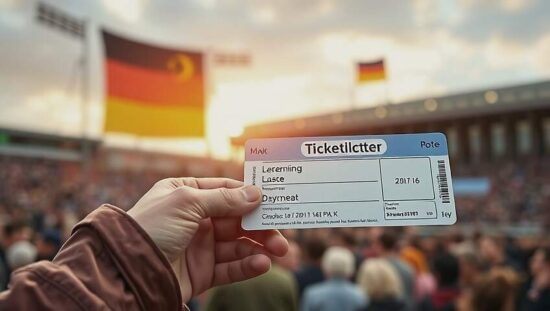German states to discuss the future of the Germany ticket at a special meeting of transport ministers, likely to take place on June 27, according to the Berlin-based Tagesspiegel newspaper, citing regional authorities.
The fate of the Germany ticket, a flat-rate fare for public transportation, remains uncertain, with the states still at odds over its financing beyond 2025. Berlin’s Governing Mayor, Kai Wegner, a member of the Christian Democratic Union, recently questioned the states’ financial commitment to the ticket, prompting Brandenburg’s Transport Minister, Detlef Tabbert, to demand a greater contribution from the federal government. Tabbert claims that without a clear and lasting financial commitment from the federal government, the ticket cannot be sustained and the states should not be left to bear the rising costs alone.
In contrast, Lower Saxony’s Minister-President, Olaf Lies, a Social Democrat, believes the states should continue to share the financial burden. According to a spokesperson for the Minister-President, Lies remains fully committed to the Germany ticket and its financing by the federal government and the states in equal parts, as is currently the case, with the federal government and the states each contributing three billion euros annually.
The coalition agreement of the federal government explicitly states that the Germany ticket will be continued beyond 2025, but also notes that users will have to adapt to higher prices starting in 2029. The specifics of the ticket’s future, however, remain the subject of ongoing negotiations between the federal government and the states. The federal Transport Minister, Patrick Schnieder, has stated that he expects the states to reach an agreement among themselves, noting that he has received varying signals from the states, with some willing to contribute nothing more and others prepared to pay no more than 1.5 billion euros.





